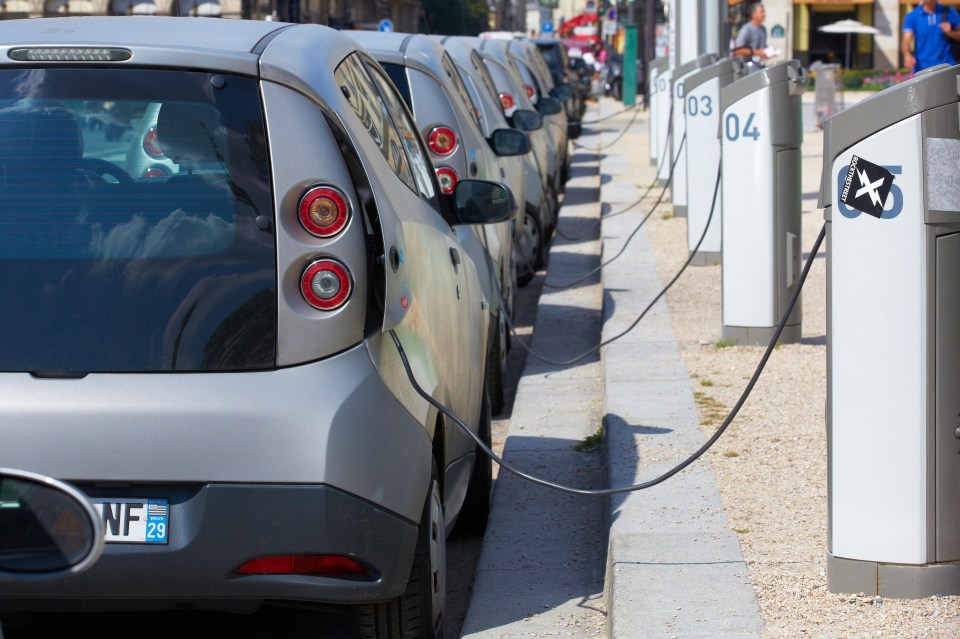Here is a link to what the Germans are doing in their energy transformation. To answer Seanuts question on who benefits..... The citizens because they are the ones that are creating that new energy at home and in small cooperatives on a local bases. They are decentralizing their grid and the benefits are enormous to locals, not so much to the big corporations who are trying the best to hold onto their place where they are faced by the rise of the new clean energy economy.
https://book.energytransition.org/
I read some of the policies in that initiative GLG, seems exactly to be what I was talking about and same with most renewable energy initiatives. Sounds nice and appeals to people of your mindset (not too worried about being effective, just "feels good").
Couple points stuck out to me: How the Political decision was made in 2011 to shut down Nuclear plants, must have just been political fuzz, now since Fukushima, they made the decision again, with coal and gas to make up the lost supply, "aiming for 2025" shut down. I laughed out loud. Just political apeasement to nutty greens.
2nd was that Investment in producing renewable energy is GUARANTEED by the government and returns on the investment guaranteed. This is exactly what I'm talking about.
This is all just a cash grab by the exact type of people you say you don't like. They have just dusted off their image to actually get you guys to support, not protest. Really quite smart, shame you don't see it.
Renewables WILL NOT be an answer to replace the energy sources already in place for many decades yet, even with Gov cooking the books for their buddies.


